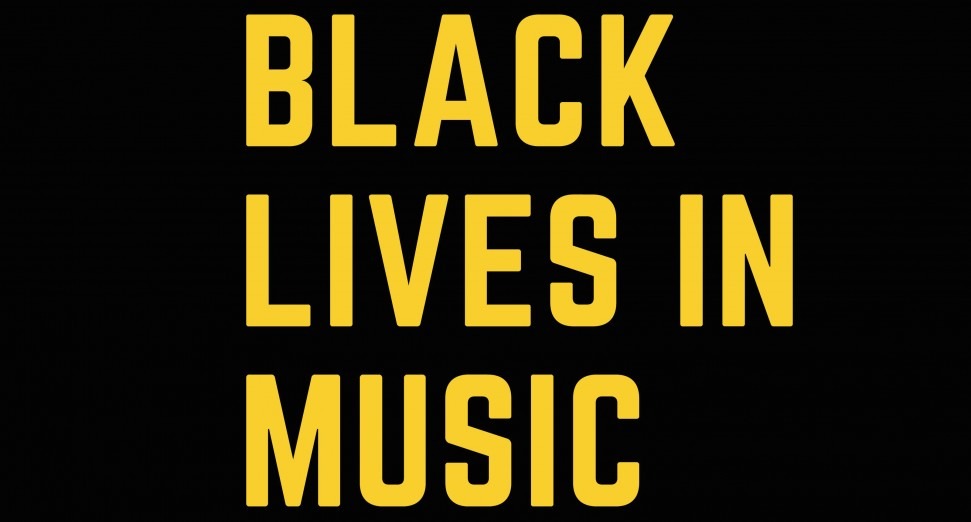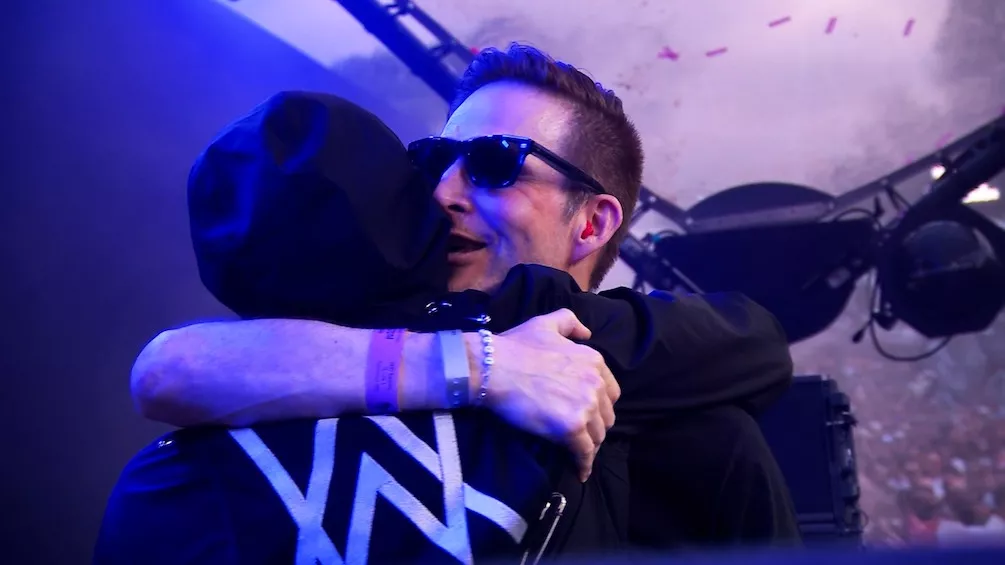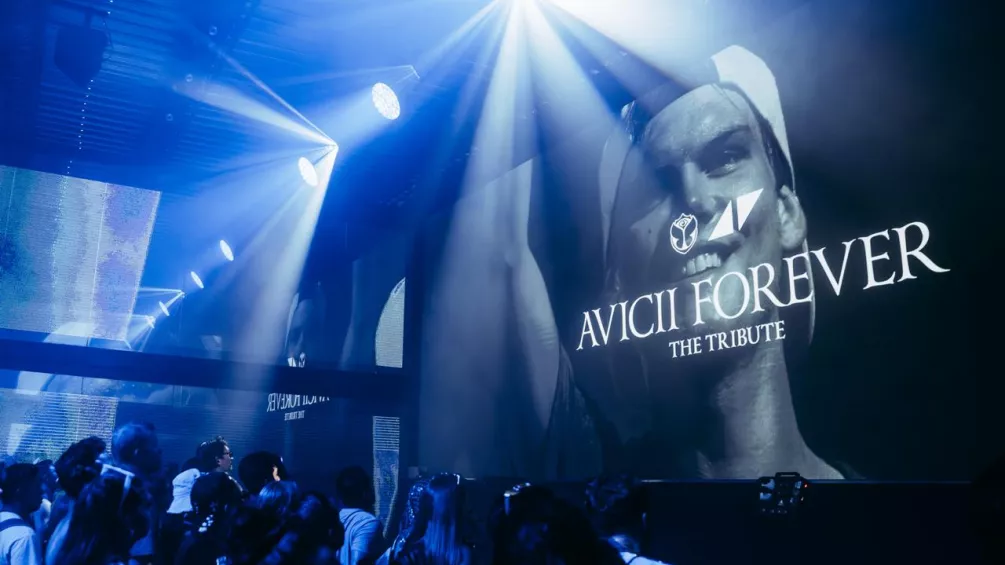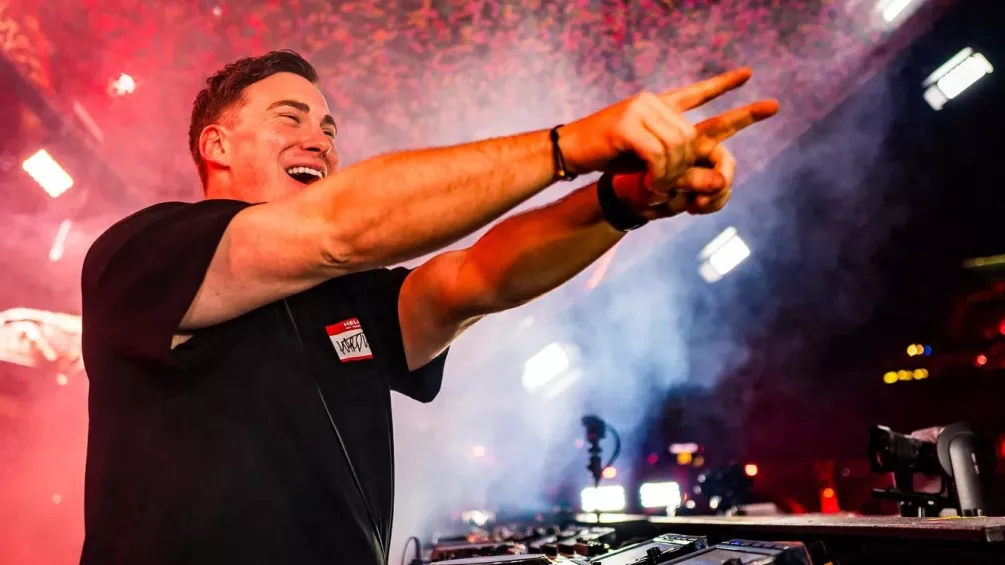
Majority of Black music artists and professionals have faced racism in the industry, Black Lives In Music survey finds
News
A new study by Black Lives In Music has revealed that the majority of Black artists and music professionals have faced racism and discrimination in their careers.
The survey is the largest ever conducted focusing on data from first hand experiences of Black musicians and other members of the music industry. It shows that most respondents had experienced direct or indirect discrimination, overt racism and micro aggressions.
Battling assumptions about what music they should be making and a lack of opportunities were regular occurrences. 40% of artists said they had felt the need to change their appearance, rising to 44% for Black women, who also face an average of £459 per month lower earnings than their white counterparts. Black women and people living with disabilities registered highest in terms of impact on their mental health, and overall more than 1/3 of those in the study believed their mental health had declined since starting a career in music.
The study exposes how 88% of Black music professionals agree there are barriers to their career progress, while just 49% have music-related qualifications compared with 69% for white artists. Three quarters of those who participated in the survey were dissatisfied with music industry support for Black artists. Just 38% earn their full income from music, compared with 69% of white artists, and well over half of Black music creators have seen white contemporaries promoted ahead of them, despite being more qualified.
“We see Black artists dominating the charts and making money, but [race and racism] still affects those artists’ careers, and the careers of Black execs working in positions behind the scenes,” said Sheryl Nwosu, a lawyer and chair of Black Music Coalition. “That is unfortunately the nasty business of racism. That is the nasty business of not seeing a person in front of you as an equal, not seeing the person in front of you as equally worthy as any other person.”
“I always say that you have to be obsessed with music and super passionate to be in a career like this,” said singer-songwriter Estée Blu. “Otherwise, it doesn’t make any sense, especially for a Black woman who is of darker complexion. In this country, we just don’t see visibility for women who look like me.”
The Black Lives In Music report is now available to read in full, and includes several recommendations, such as the creation of an anti-racism support service for the music industry. Last year, The Recording Academy, which runs the Grammy Awards, and Color of Change launched #ChangeMusic roadmap, aiming to create racial justice within the organisation and wider music industry.
In May, Black Artist Database expanded its platform to include a number of initiatives aimed at helping people search, contact, and directly support Black-owned businesses and artists in the music sector.





